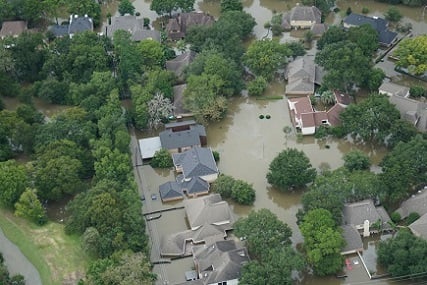

“The impacts of climate change are of strategic importance to QBE.”
That was the assertion made by Sydney-headquartered QBE Insurance Group after it was reported that super fund UniSuper is finding the insurance industry in Australia less attractive, investment-wise, because of the sector’s climate risk exposure.
Earlier this week, chief investment officer John Pearce was quoted by an Australian Financial Review report as saying that UniSuper is “very light in terms of general insurance” amid the increased likelihood of extreme weather events due to climate change.
“I don’t like the insurance sector for this reason,” the publication cited the chief investment officer as declaring.
In a response to a request for comment from Insurance Business, a spokesperson for the insurer stated: “QBE is constantly assessing climate risk on our business including our insurance exposure to natural catastrophes. We use leading catastrophe modelling to assess and price exposure, including the frequency and severity of natural perils.
“We also have extensive reinsurance protections for natural catastrophes which are assessed and renewed annually.”
In fact, QBE has just finalised renewal of its reinsurance programme for 2021. Features include a higher main catastrophe tower, from US$3.3 billion in 2020 to US$3.4 billion this time around. The group’s net catastrophe allowance for the year stands at US$685 million.
Meanwhile the spokesperson went on to note: “In 2018 we released a three-year Climate Change Action Plan which addressed implementation of climate-related governance, risk management, strategy, metrics and targets, in line with the recommendations of the Task Force for Climate-related Financial Disclosures (TCFD).”
Established by the international body Financial Stability Board, the TCFD developed recommendations for more effective climate-related disclosures – the goal of which is to help promote more informed investment, credit, and insurance underwriting decisions. Currently the task force is engaged in helping firms implement the recommendations, which were released in 2017.
According to QBE, further reporting on the insurer’s progress against its action plan will be available next month when the company releases its 2020 annual report.
“Through our work with the Climate Measurement Standards Initiative, QBE has worked closely with climate change experts at Commonwealth Scientific and Industrial Research Organisation, Bureau of Meteorology, and Australia’s leading universities to understand the potential impacts of climate change on natural disasters in Australia and is adopting underwriting strategies to manage these risks,” the group told Insurance Business.
